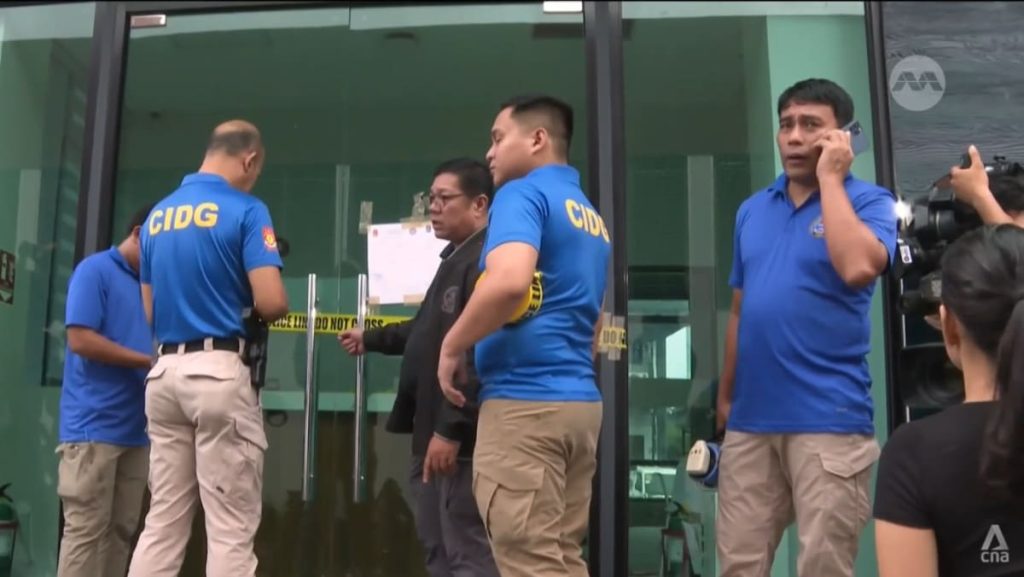The Philippines is grappling with the complex aftermath of its ban on Philippine Offshore Gaming Operators (POGOs), a once-booming industry that attracted billions of dollars in investment but also became a breeding ground for crime and social ills. President Ferdinand Marcos Jr. initiated the ban in 2023, citing the detrimental impact of POGOs on Filipino society, including increased crime rates, human trafficking, and money laundering. While an executive order formalized the ban, lawmakers are pushing for comprehensive legislation to solidify the prohibition and prevent the resurgence of these controversial online casinos, aiming to close legal loopholes and strengthen enforcement mechanisms. This legislative push reflects a growing national consensus that the social costs associated with POGOs outweigh any potential economic benefits.
The proposed Anti-POGO Act, currently pending in Congress, seeks to create a more permanent and robust legal framework to eradicate POGOs. This act represents a significant step beyond the executive order, which primarily focused on winding down existing operations under the jurisdiction of the national gaming regulator. Lawmakers are keen to broaden the scope of the ban to encompass all POGOs, regardless of the licensing agency, thereby eliminating the possibility of regulatory arbitrage and preventing operators from exploiting gaps in the existing legal framework. This comprehensive approach reflects the seriousness with which the Philippine government is addressing the POGO issue, recognizing the need for a decisive and long-term solution to prevent the industry’s resurgence in different guises.
The urgency surrounding the Anti-POGO Act stems from the recognition that a mere executive order may not be sufficient to permanently eliminate the risks associated with online gambling operations targeting offshore clients. Legislators argue that codifying the ban into law would provide a stronger legal foundation for enforcement and send a clear message to potential operators that the Philippines is no longer a haven for such activities. Furthermore, the proposed legislation seeks to address the potential for POGOs to migrate underground, recognizing that operators may attempt to circumvent the ban by operating clandestinely. By strengthening law enforcement capabilities and increasing penalties for illegal gambling operations, lawmakers hope to deter future attempts to revive the POGO industry.
The ban on POGOs is not without its challenges. While the move has been widely lauded for addressing the social problems associated with the industry, concerns remain about the potential for economic repercussions. The POGO sector had contributed significantly to the Philippine economy, generating revenue through licensing fees and taxes, and creating employment opportunities. However, lawmakers argue that these economic benefits were overshadowed by the negative social consequences, including the rise in kidnappings, money laundering, and other criminal activities. The focus now is on mitigating the economic impact of the ban by exploring alternative industries and revenue streams that align with the government’s commitment to sustainable and ethical economic development.
Beyond the immediate ban on POGOs, the Philippines is also taking steps to bolster its defenses against broader threats related to immigration, foreign interference, and espionage. The POGO experience has exposed vulnerabilities in the country’s regulatory and security frameworks, highlighting the need for enhanced scrutiny of foreign actors and stricter enforcement of immigration laws. Lawmakers are actively working on legislation to address these gaps, seeking to prevent similar situations from arising in the future. This broader focus on national security underscores the government’s commitment to protecting its sovereignty and safeguarding its citizens from external threats.
The Philippines’ decisive action against POGOs signals a significant shift in its approach to regulating the online gambling industry. By prioritizing social well-being over short-term economic gains, the government is sending a strong message that it will not tolerate activities that threaten its citizens’ safety and security. The legislative efforts to solidify the ban and address related security concerns demonstrate a long-term commitment to creating a safer and more stable environment for all Filipinos. The passage of the Anti-POGO Act will be a crucial step in this process, providing a comprehensive legal framework to combat illegal online gambling and protect the nation from its associated harms.

